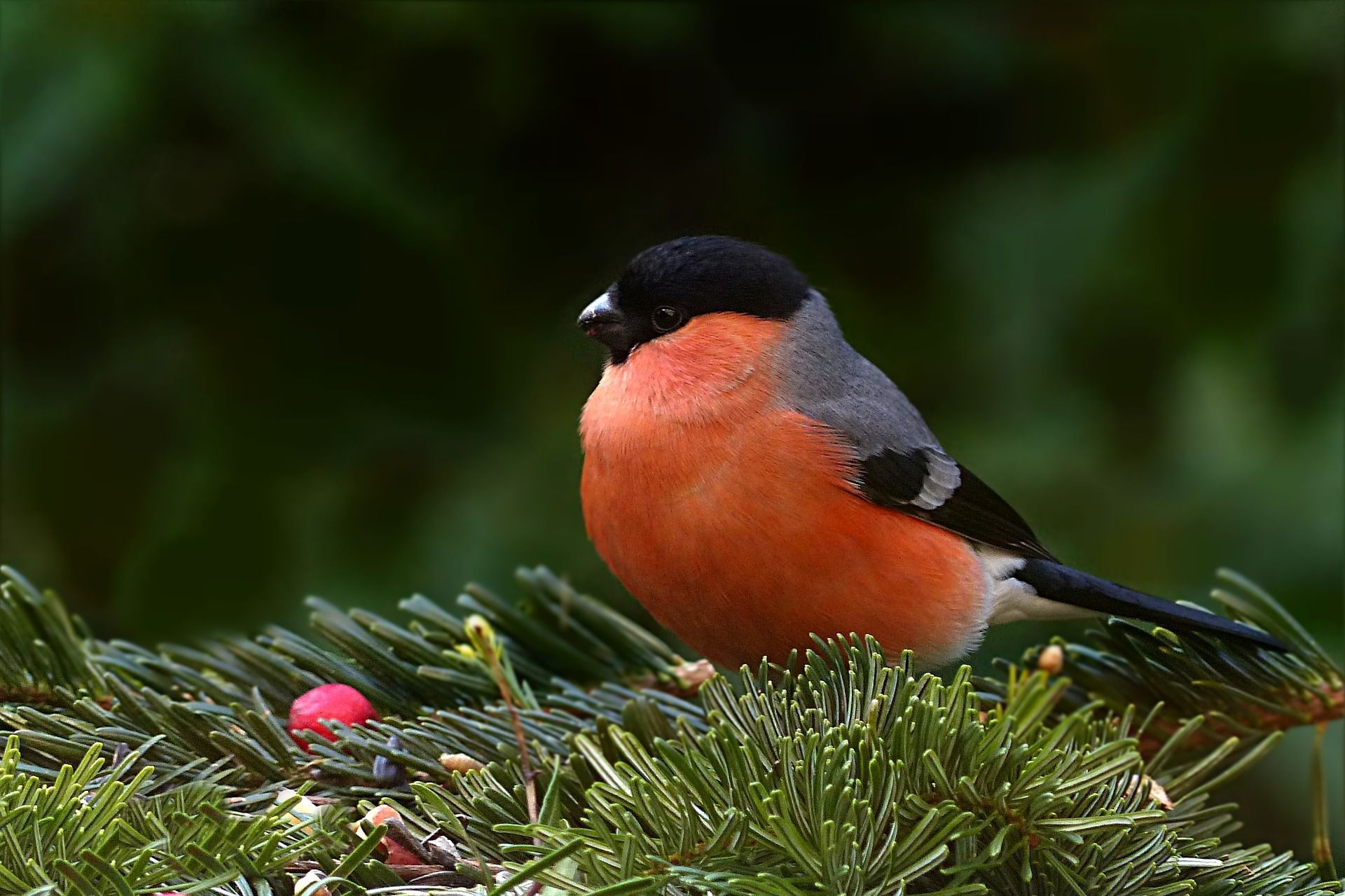
🐦 Reduced air pollution has saved 1.5 billion birds
Stricter air pollution laws have saved many birds in the United States over the past 40 years.
Share this story!
Laws and regulations to protect people from getting sick from air pollution have also been very good for birds. New research shows that if the United States had not introduced stricter laws against air pollution, there would have been 1.5 billion fewer birds in the country in the last 40 years.
The researchers focused primarily on the effects of the NOx (Nitrogen Oxide) Budget Trading Program . It was started in 2003 and managed to reduce emissions of nitric oxide (which reacts with other pollutants and forms ozone) dramatically in the following years.
It turned out that the birds most affected by ozone were small birds such as sparrows and finches. As the small birds make up 86 percent of all birds in the United States, it becomes very clear if they are hit hard.
The culprit in the drama is ground-level ozone that can cause respiratory problems for humans. Research shows that ozone causes the same problem for birds. In addition, ozone can kill some plants and insects, reducing the amount of food for the birds.
- Unsurprisingly, birds that do not have access to good territory and enough food find it difficult to survive and reproduce, says Amanda Rodewald, professor of ornithology at Cornell University in the USA and one of the researchers behind the study.
Together, this means that ground-level ozone would have caused a great deal of bird death if the United States had not enacted new, tougher environmental laws from the 1970s onwards. So by protecting ourselves, we are also protecting nature.
- Our research shows that the benefits of environmental legislation have probably been underestimated. Reduced pollution has a positive impact on unexpected areas and gives extra reason to use political means to protect nature, says Ivan Rudik, professor at Cornell University and co-author of the study.
By becoming a premium supporter, you help in the creation and sharing of fact-based optimistic news all over the world.


